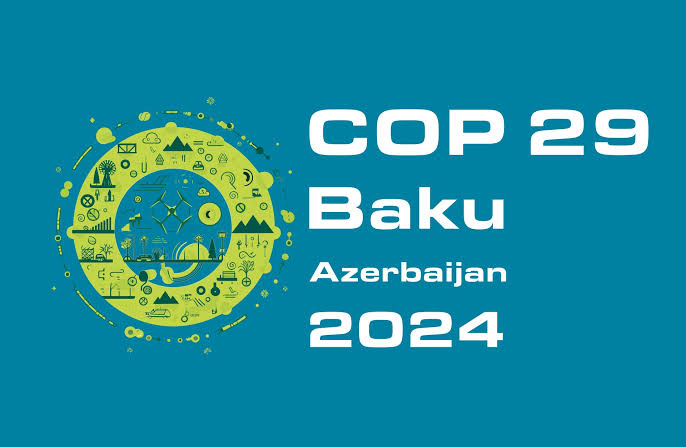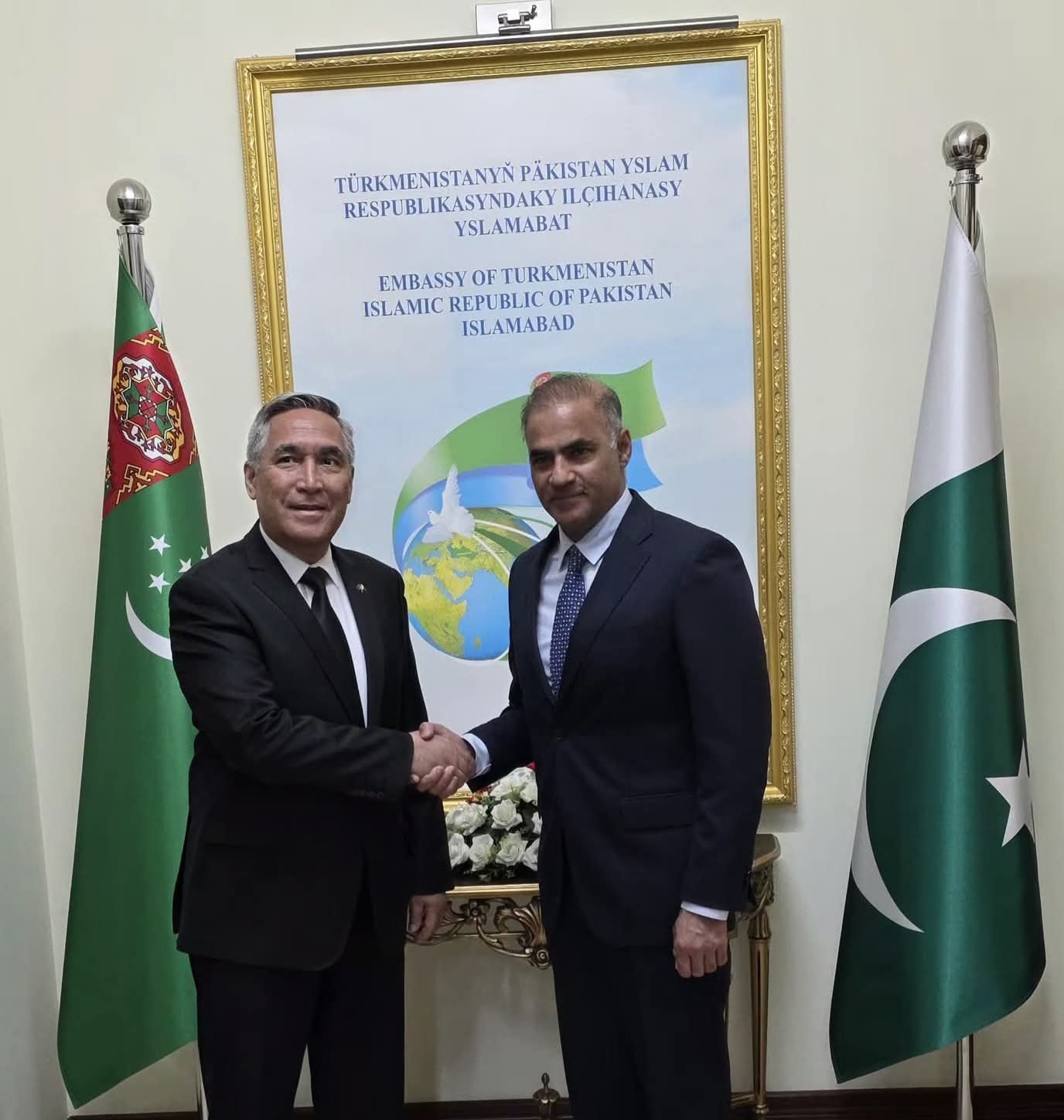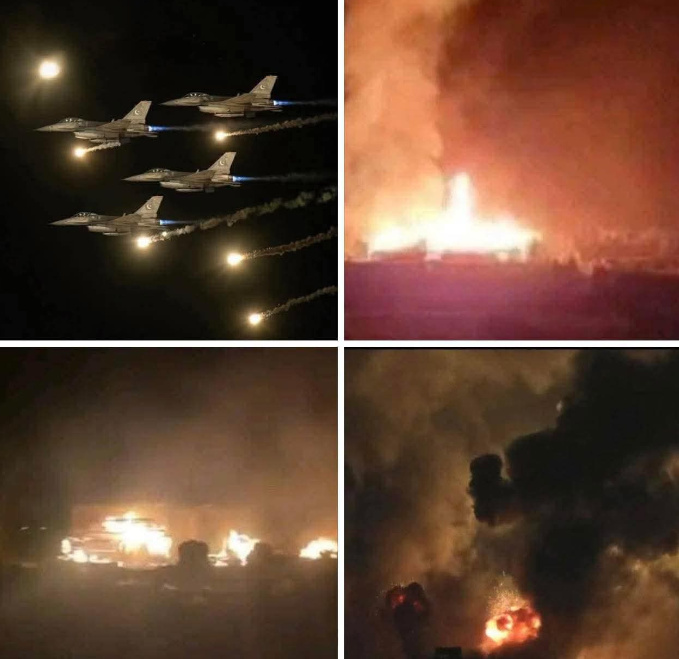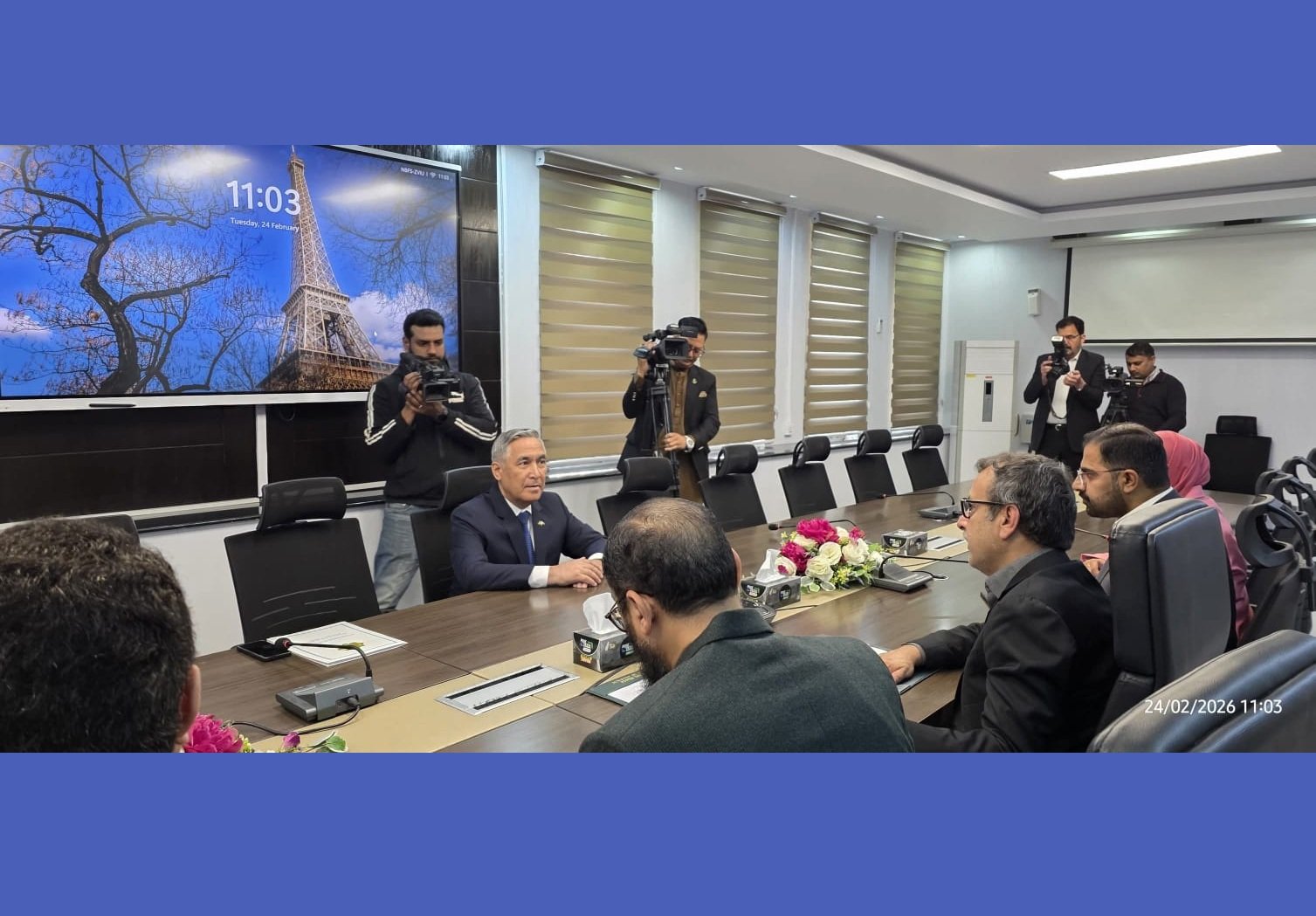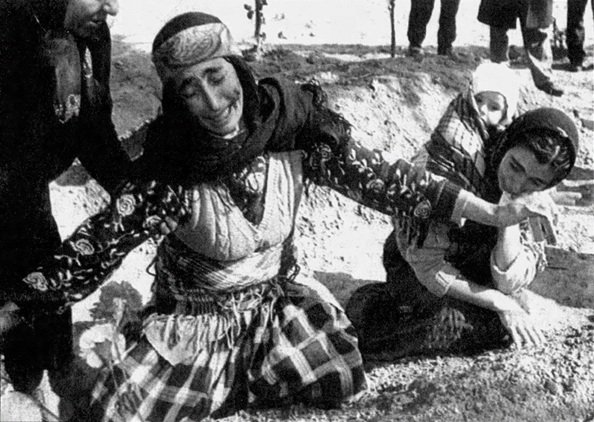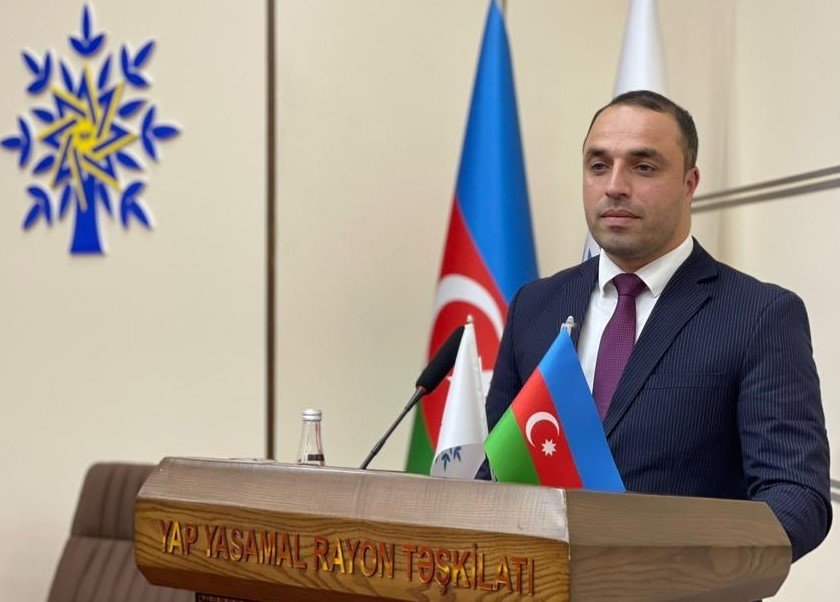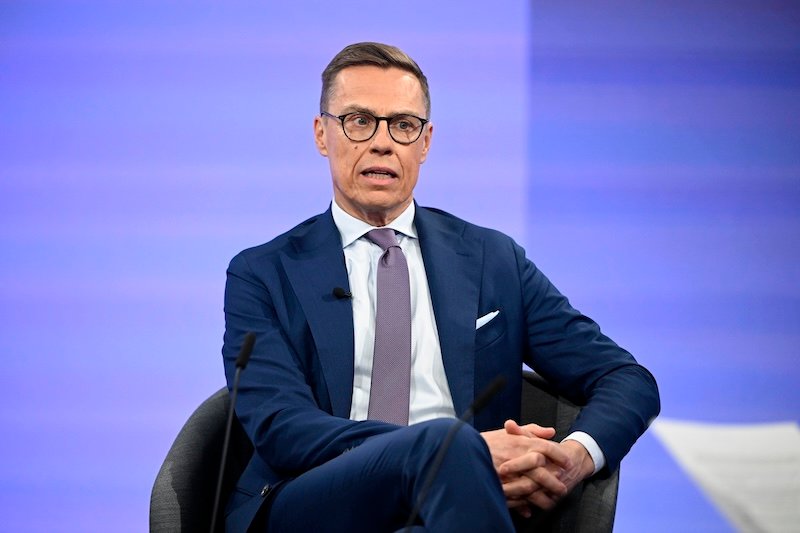In the wake of Azerbaijan’s return to state sovereignty in 1991, the country faced a profound crisis. The First Garabagh War left a deep scar, resulting in immense losses and plunging the nation into a severe humanitarian disaster. Economic destruction, halted progress, and a rising number of refugees and internally displaced people marked this challenging period.
The re-establishment of the state of Azerbaijan was initiated in 1993 when the Nation Leader Heydar Aliyev came back to power encouraged by the call of the people for a stabilization of the leadership.
When the world recognized the independence of Azerbaijan at the end of the twentieth century the country concerned itself with protecting its own interests and regulating the use of natural resources with justice. An important milestone in this course was the ink on the Contract of the Century on September 20, 1994. This agreement, which initiated by the Great Leader Heydar Aliyev was not just deal it was an evidence of the new status of Azerbaijan in the world.
The contract that included 13 Global companies such as Amoco, BP, McDermott, UNOCAL, Lukoil Statoil and others paved way for Azerbaijan and it created trust in it where it opened windows of opportunity and affirmation by outsiders that identified Azerbaijan a worthy partner. It was granted to develop Azerbaijan’s economics and help the country win the Second Garabagh-Patriotic War.
The ability of Azerbaijan to implement the Contract of the Century has made it win the confidence of the international consortiums and partners and, thereby, it has become a key player in the region. For the year 2003 and onwards, following the presidency of Ilham Aliyev, energy policy has been part of the main foreign policy course of the country. The country has employed its energy resources to maintain the characteristics of being integrated, stable as well as sustainable in the region.
Over the past twenty years, Azerbaijan not only has well governed its oil contracts but also increased its natural gas output in the last twenty years. Ahead, the country is preparing for the fourth industrial revolution and is determined to look for new energy sources while boosting its green drive. I would like to add that this shift towards a “green” energy strategy is a clear indication of Azerbaijan’s commitment towards the efficient use of energy that is friendly to the environment.
After the second Garabagh-Patriotic War, Azerbaijan has started several mega projects related to the development of a green economy and generation of clean energy. Such measures play quite a crucial role in global energy security and thereby demonstrate Azerbaijan as an energy partner.
The choice of Azerbaijan to host the 29th session of the Conference of the Parties to the UN Framework Convention on Climate Change (COP29) is a clear recognition of its impactful energy policies and projects. This event underscores the global acknowledgment of Azerbaijan’s commitment to both its energy legacy and its forward-looking green initiatives.

Mr. Muhammad Ali Pasha an Analyst and Expert on Central Asia, South East Asia, China, Türkiye and Middle East. Furthermore, he is a writer and poet.
Owner and Patron-In-Chief of “The Gulf Observer”, Chairman “The Gulf Observer Research Forum”, Foreign Affairs Expert, Analyst, Writer and Poet.
